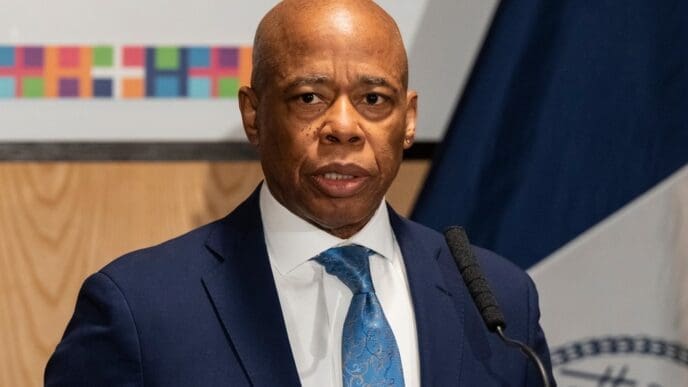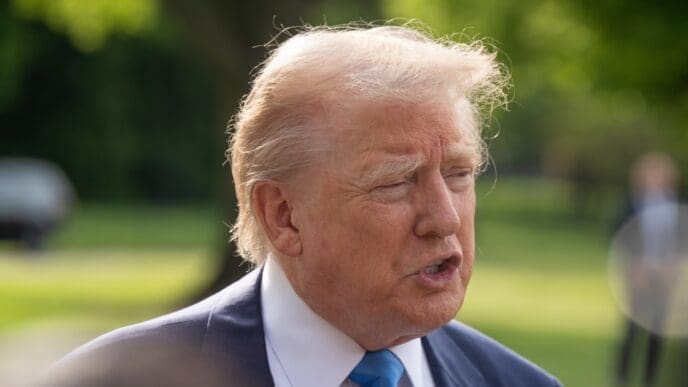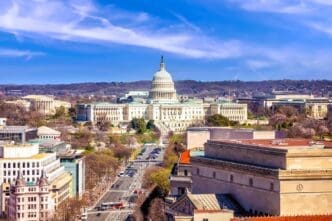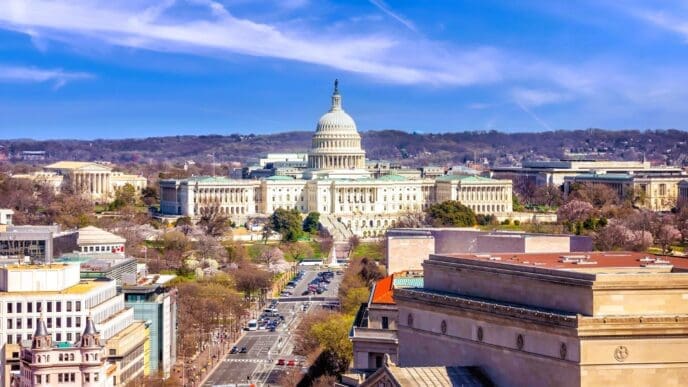The recent economic downturn and potential for rising prices are signaling a precarious future for President Donald Trump’s coalition, which secured his 2024 re-election. Despite his success among young voters, people of color, and independents, Trump’s tariff policy has been met with increasing disapproval. These voters, who were drawn by promises of economic improvement and lower prices, are voicing concerns about the administration’s focus on issues other than their primary concern: the economy.
Polling data has highlighted a widening gap between Trump’s steadfast supporters and a more diverse group of voters who are dissatisfied with his economic management. This division could threaten the unity of Trump’s coalition, as non-MAGA supporters express dissatisfaction with his economic strategies. Though immigration policy remains a strong point for Trump, public opinion on his economic policies is slipping.
Trump’s tariff policy, in particular, has faced widespread criticism, with many Americans fearing it will exacerbate inflation. Recent polls indicate that a significant portion of the population disapproves of these tariffs, predicting increased living costs as a direct consequence.
The discontent is notably pronounced among specific voter demographics. Latino and Black voters, who showed increased support for Trump in the 2024 election, overwhelmingly oppose the tariff policy, anticipating further rises in prices. Similarly, young voters, who were pivotal in narrowing the Democratic margin, are expressing regret over their support for Trump, as they feel the economic promises have not materialized.
Independent voters, another crucial segment for Trump’s re-election, are also voicing dissatisfaction. A majority oppose the tariffs and expect them to lead to higher prices, casting doubt on Trump’s economic focus. This growing discontent among key voter groups poses a challenge to Trump’s administration as it faces upcoming midterm elections.
The Bottom Line
- The tariff policy and its impact on inflation could lead to higher prices for everyday goods, affecting household budgets and consumer spending.
- Dissatisfaction among diverse voter groups may lead to a shift in support away from Trump and impact the outcome of future elections.
- Communities that are already economically sensitive due to their demographics or locations may bear the brunt of financial strain, increasing economic disparities.
- Public perception of the administration’s economic management could influence overall confidence in U.S. economic stability and growth prospects.
- The focus on tariffs and immigration over economic issues like jobs and inflation could lead to a realignment of voter priorities and political alliances.














